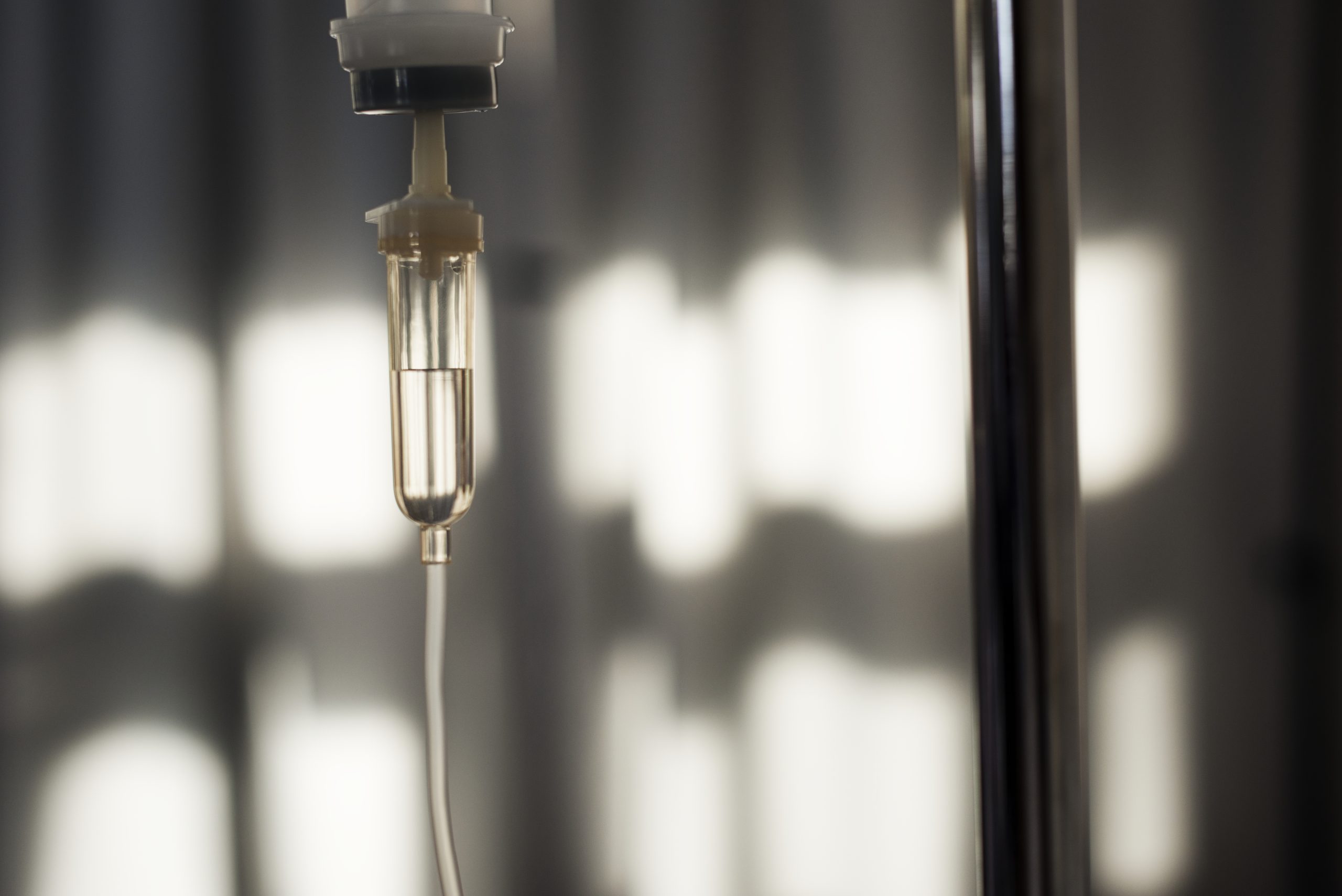What are the advantages of IV Sedation?
- You will not be aware of the procedure taking place
- The drugs act very quickly and we can monitor their affects rapidly during your surgery
- The level of sedation will be deeper than what’s seen with Nitrous Oxide or “laughing gas”, or oral sedation alternatives
- You will not recall most or any parts of the procedure
- The gag reflex is lessened, so those with severe gag reflexes tolerate the procedure much better
- There is no need for an airway tube as you will be breathing on your own.
Can I take my medications before the procedure?
It depends on the type of medication and the specific instructions given by your dentist or anesthesiologist. Generally, essential medications for conditions like high blood pressure, heart disease, or seizures are allowed with a small sip of water, but blood thinners, diabetes medications, and certain supplements may need to be adjusted or withheld. Always inform your provider about all medications you take, including over-the-counter drugs and supplements, so they can give you the safest pre-sedation plan.
Can I take any anti-anxiety medications prior to the procedure?
Anti-anxiety medications, such as benzodiazepines (e.g., Xanax, Valium, or Ativan), may be allowed before IV sedation, but only if approved by your dentist or anesthesiologist. In some cases, they may even be prescribed to help you relax before the procedure. However, taking them without approval can interfere with the sedation drugs used during your treatment. Always discuss this with your provider to ensure safety and proper dosage.
Can I eat or drink prior to my surgery?
For IV sedation, you should generally avoid eating or drinking for at least 6-8 hours before your procedure to reduce the risk of aspiration (food or liquid entering your lungs). However, in some cases, you may be allowed to drink small sips of water up to 2 hours before. Always follow the specific fasting instructions given by your dentist or anesthesiologist, as guidelines may vary based on your health and the type of sedation used.
If I am pregnant, can I be sedated with IV sedation?
If you’re pregnant, IV sedation is generally avoided unless absolutely necessary, especially during the first trimester when fetal development is most critical. If sedation is required, your dentist and obstetrician will carefully evaluate the risks and benefits. Local anesthesia without sedation is usually the preferred option for dental procedures during pregnancy. Always inform your provider about your pregnancy so they can choose the safest approach for you and your baby.

